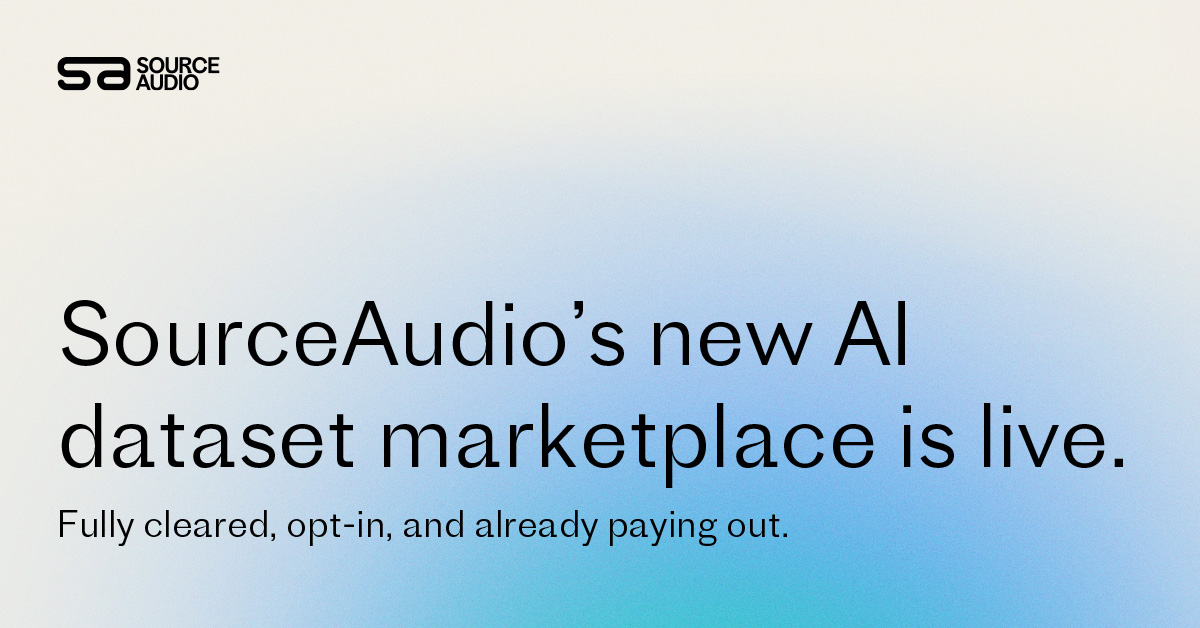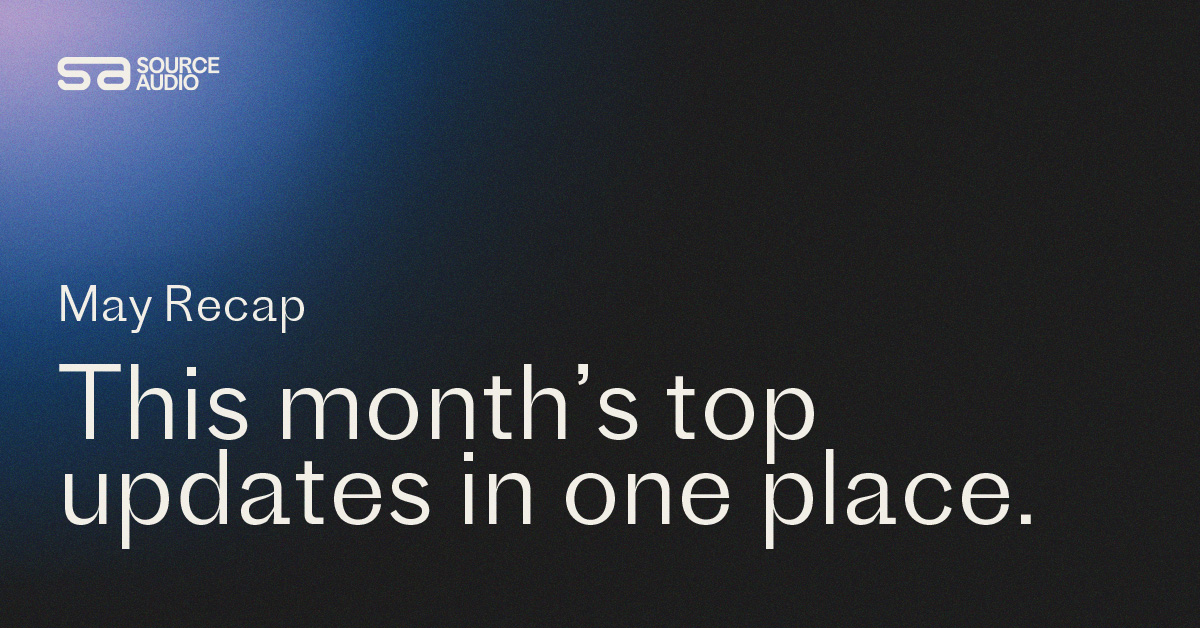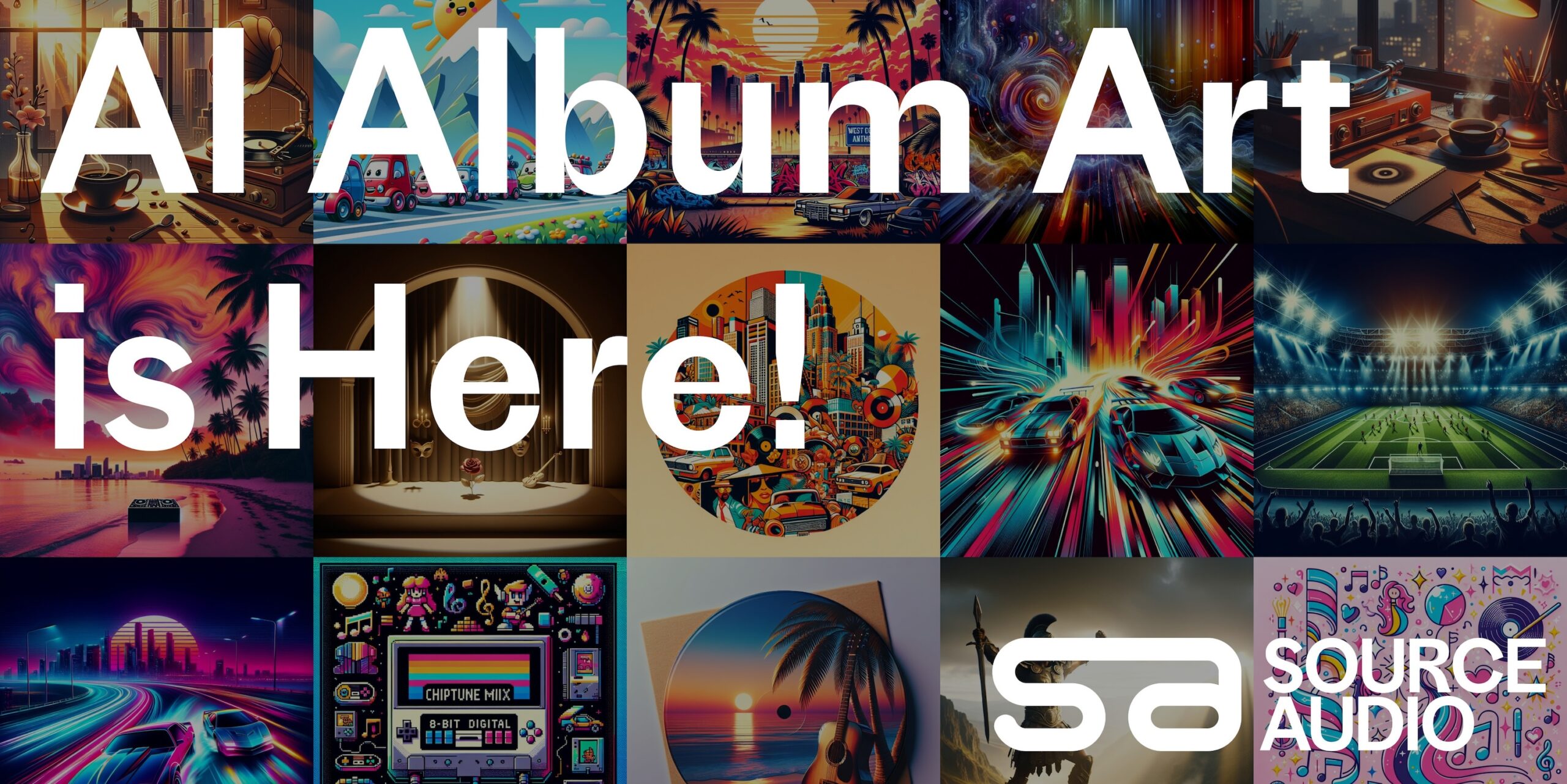Programmed Drums – MIDI vs Audio
Updated March 11, 2023
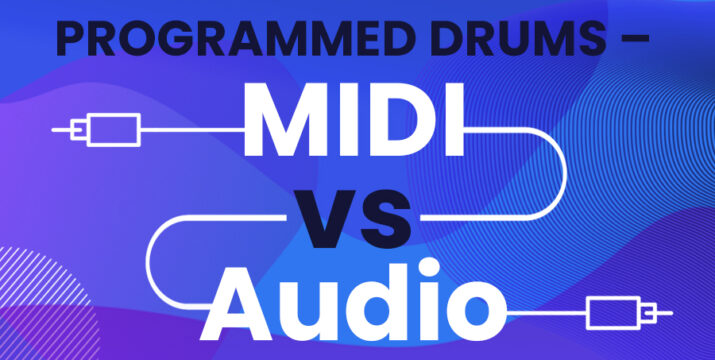
When you’re programming your drums (or percussive SFX) into your session, there is a choice to be made: whether to store that information in a MIDI track or an audio track. Each option has its own unique advantage, so read on for a comprehensive assessment of these two options.
MIDI
In a software-driven world, MIDI might seem like the obvious choice—and for good reason given the multitude of utilities available when working with MIDI drum tracks.
The MIDI track’s piano roll makes deleting parts, changing the instrument of a given part, or doubling parts a sinch, and the timing of these MIDI sequences goes even deeper than what’s visible on the piano roll. When using MIDI drums, you can swing your tracks on a granular level. Add a little bit or a lot just by pushing a slider, something that would never be possible on an audio track.
LFOs application is another area where MIDI shines. The innumerable applications of oscillators to bring life to your drums ends up giving the starkly computational MIDI track the option to be exactly as human-sounding as you want.
But what about side-chaining? MIDI tracks have that too, as well as transposition. While not as obvious as the transposition knob seen on any audio clip’s utility panel, transposition of a MIDI track would be accomplished using automation.
Another handy MIDI feature is MIDI overdub which allows you to cycle through your track playing part of the drum loop, and then adding on additional hits as the looped section replays with recording still enabled. The obvious workaround for audio track enthusiasts would be to use multiple tracks, but MIDI overdub certainly simplifies this. Need to separate out certain instruments in your MIDI drum track? Select that part in the piano roll » right click » extract chain.
Audio
How could audio possibly compete with the ever-expanding feature set that MIDI tracks offer?
It doesn’t try to.
Audio tracks provide tools that are simpler, more accessible, and thus more practical for many compositions.
For instance, essential features like the fades at the beginning and end of the track clips are right three on the track lane—a far more convenient place than buried in the MIDI functionality. These sorts of little wins add up and make the simplicity of audio tracks very appealing, especially for sessions with tons of tracks.
In addition to being overly complex for the already overworked recording engineer, MIDI may also end up pushing your computer too hard. One technical variable where audio trumps MIDI is the amount CPU processing it uses. If it means the difference between a frequently crashing session or not, opting for audio could be the clear choice.
Both MIDI and audio tracks have their rightful place in the producer’s arsenal. Enjoy using both!
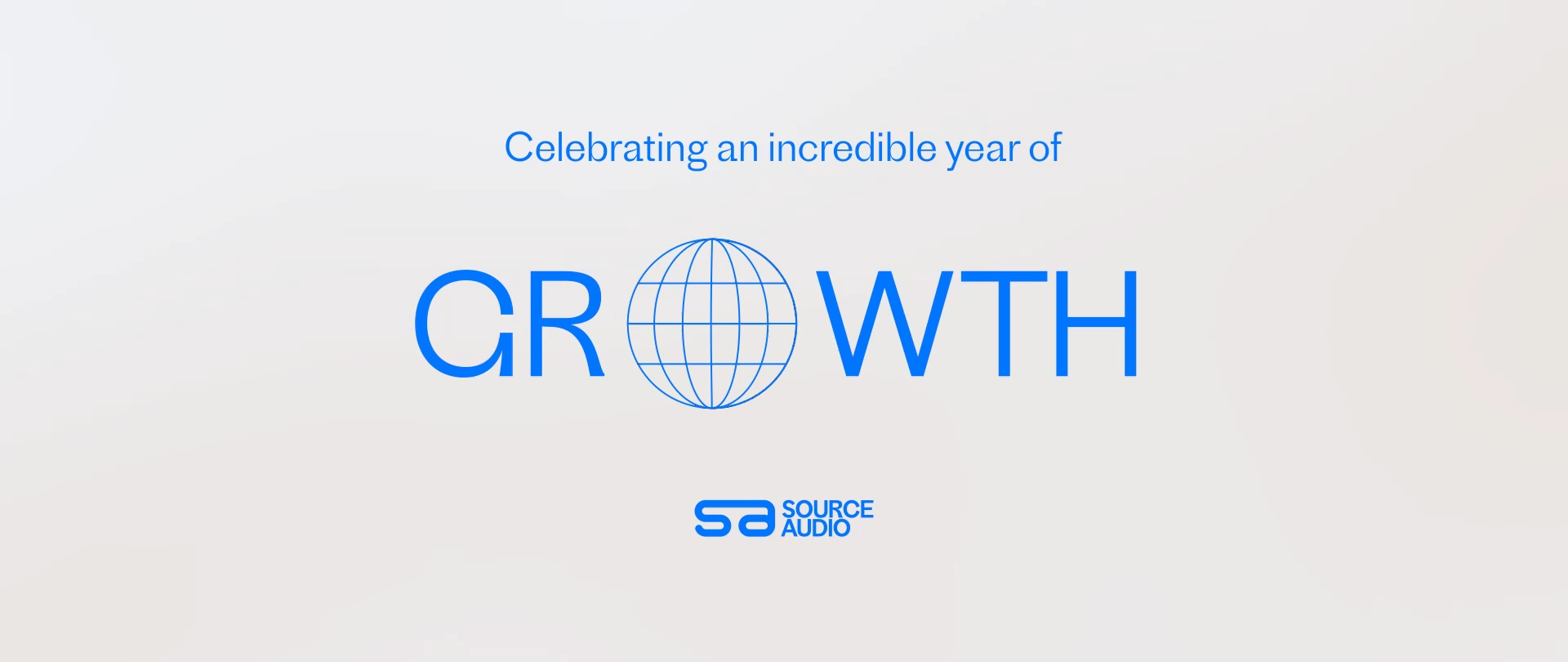
SourceAudio Celebrates Record-Breaking 2024
As we wrap up 2024, SourceAudio has solidified its position as the system of record and single source of truth for the music licensing industry. Through unprecedented growth and democratization of cutting-edge music technology tools, our p...[ READ MORE ]
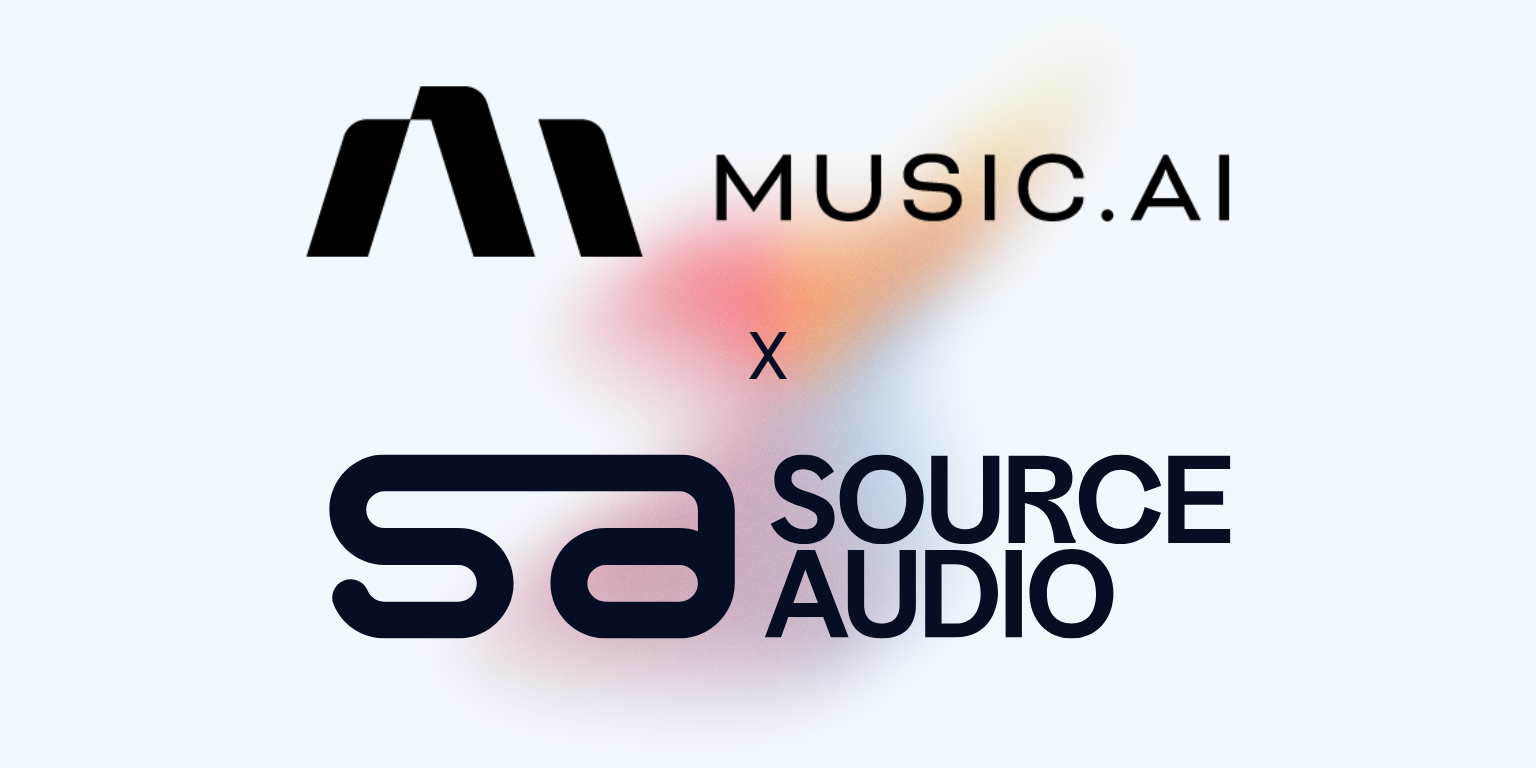
Industry-Leading Stem Separation Comes to SourceAudio
We are excited to announce our latest partnership with Music.AI, bringing groundbreaking AI-powered stem separation directly to our platform! This integration allows you to create broadcast-quality instrumentals and stems with unmatched pr...[ READ MORE ]
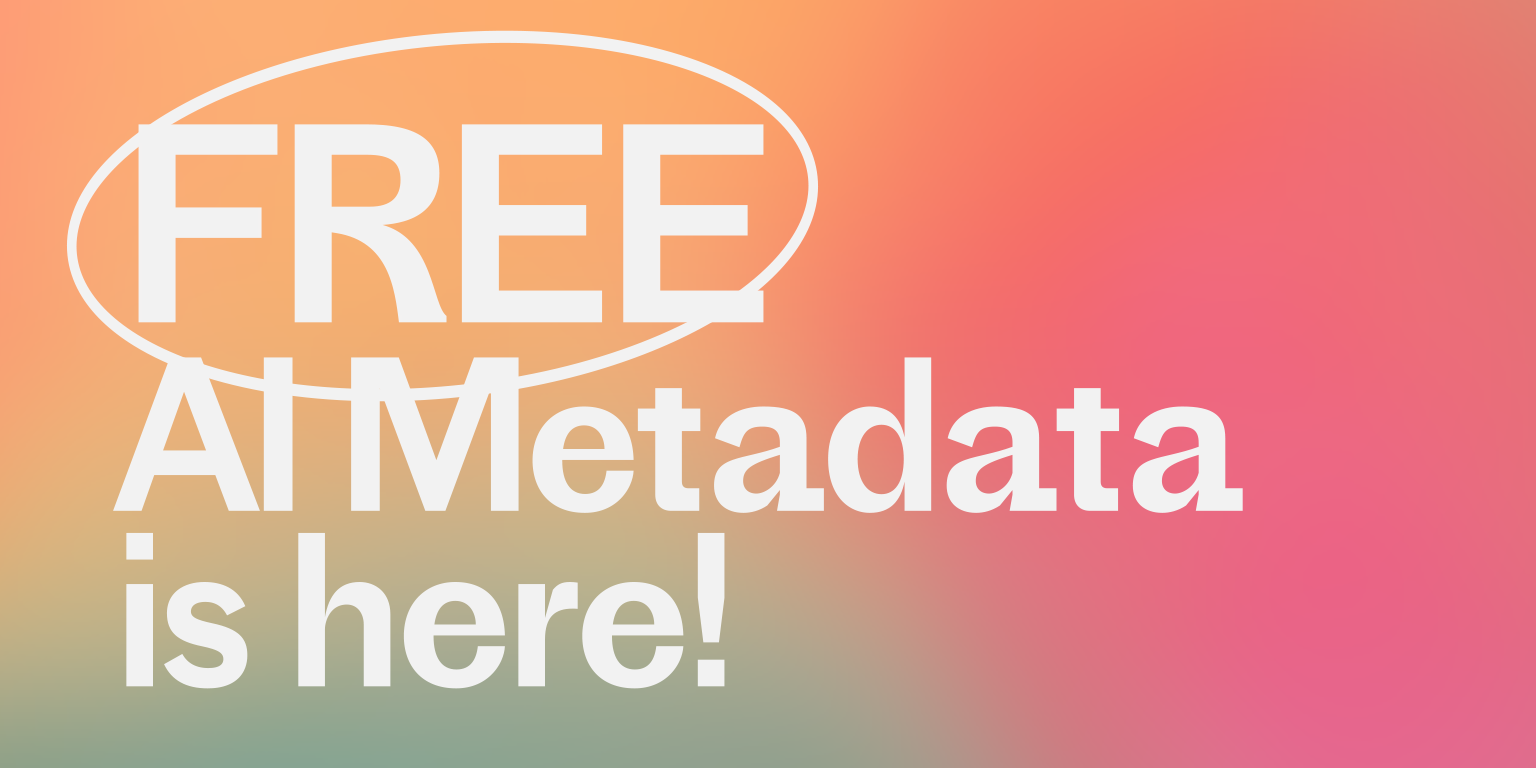
FREE AI METADATA – Now on All Catalog Manager Sites
Supercharge your music library with cutting-edge AI-powered metadata -- on us! Every Catalog Manager site now comes with FREE AI metadata tagging for your entire catalog. Leverage this incredible tool now, and read on to learn how it can d...[ READ MORE ]
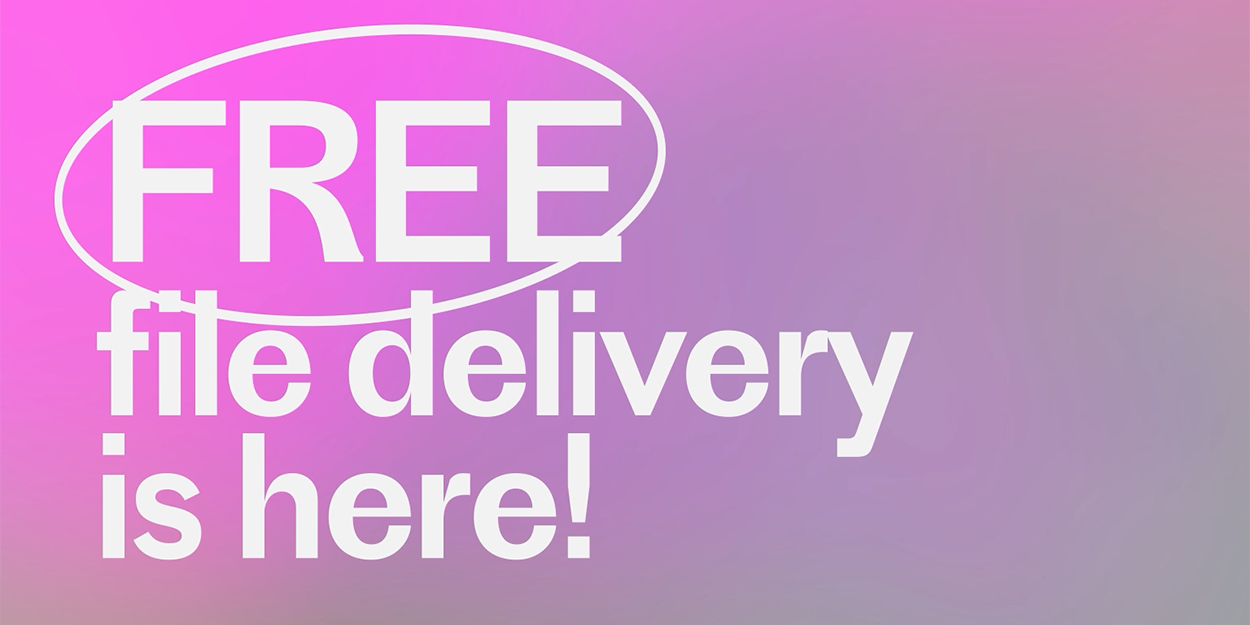
File Delivery is Now Free and Included for All Catalog Manager Sites
Every Catalog Manager site now comes with 250GB of FREE file transfer space every month – that's approximately 9,000 WAV files, every month. Not using file delivery yet? Here are 11 ways this powerful tool can supercharge your business....[ READ MORE ]

Our E-commerce Add-on Is Now Free for All Catalog Manager Sites
E-commerce is now free for everyone! In the spirit of creating as much value as possible for our community and clients, what was once a paid add-on is now free for everyone. Not using e-commerce on your SourceAudio site yet? Here are 12 way...[ READ MORE ]

